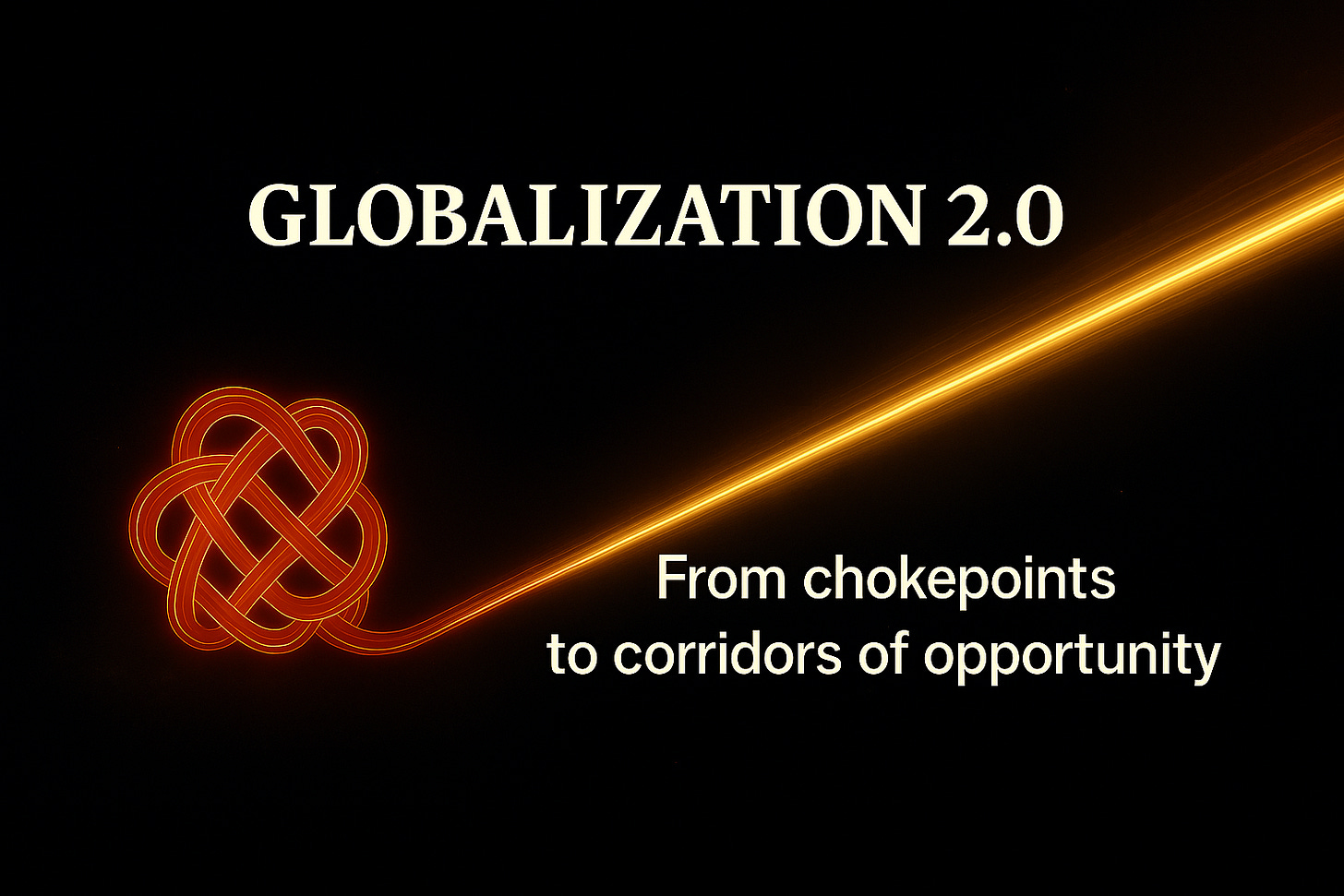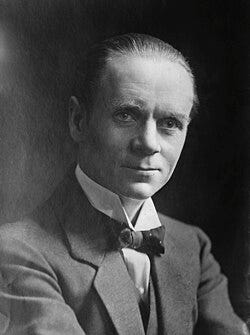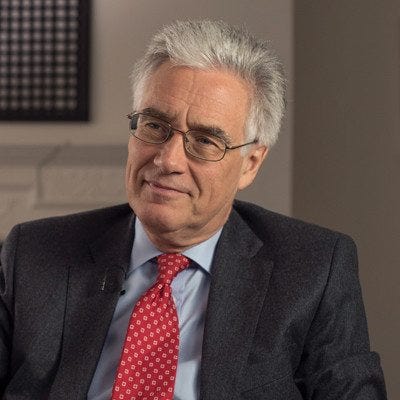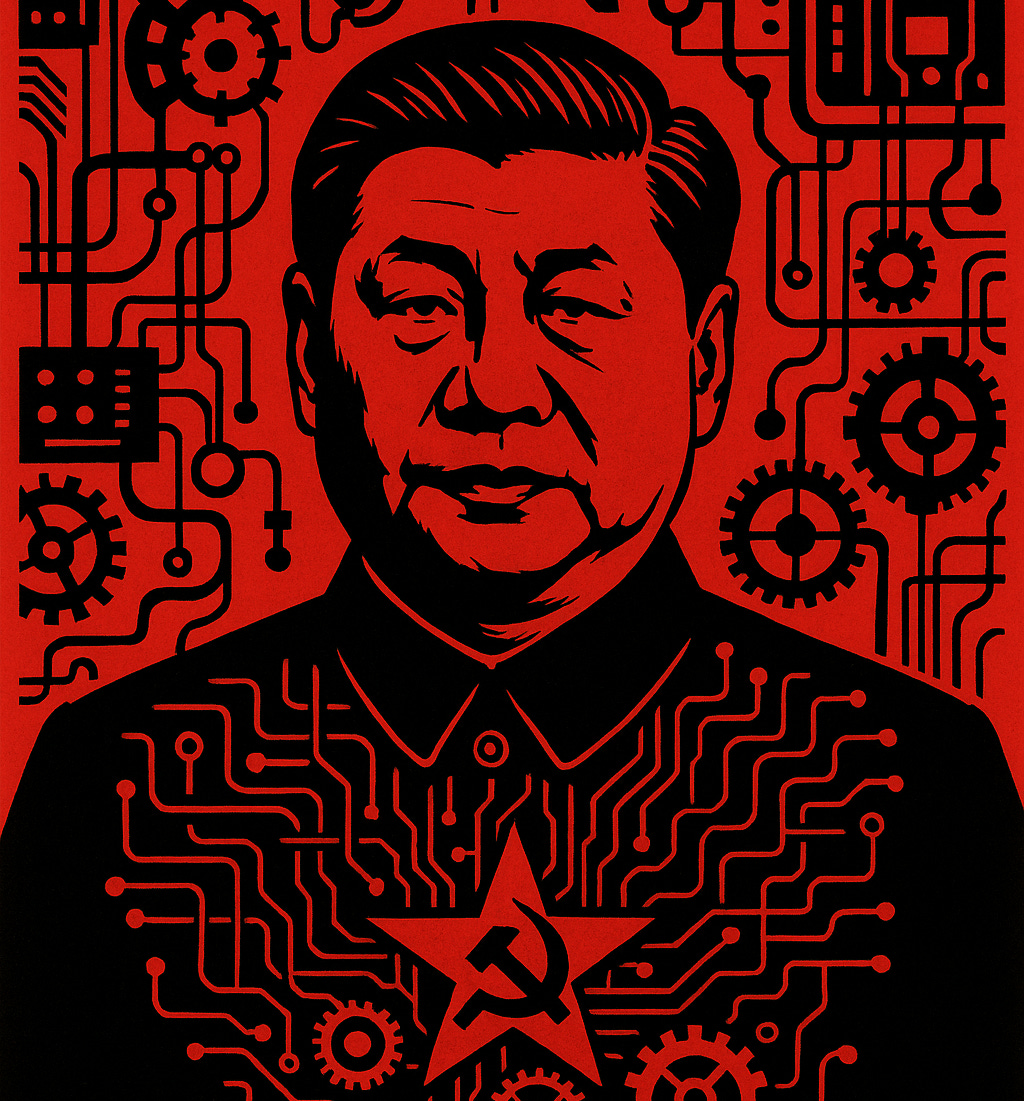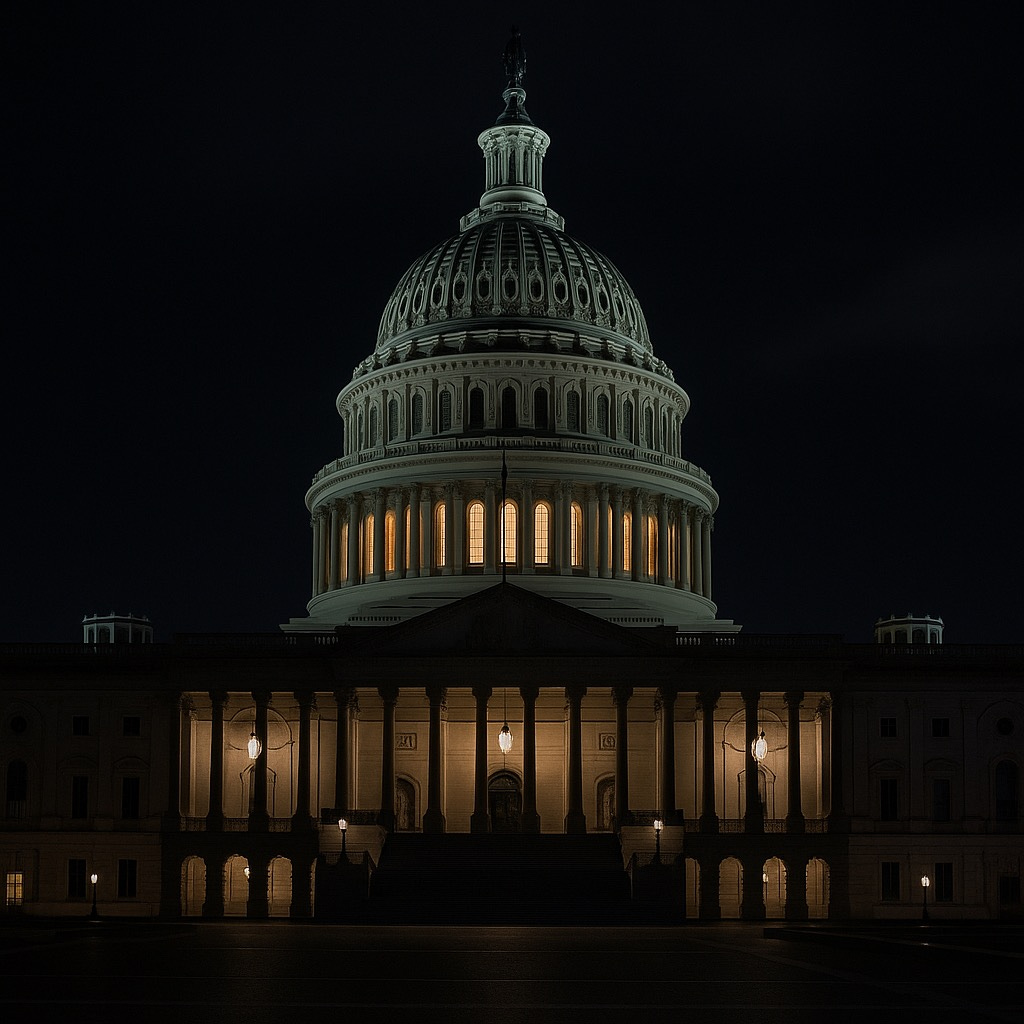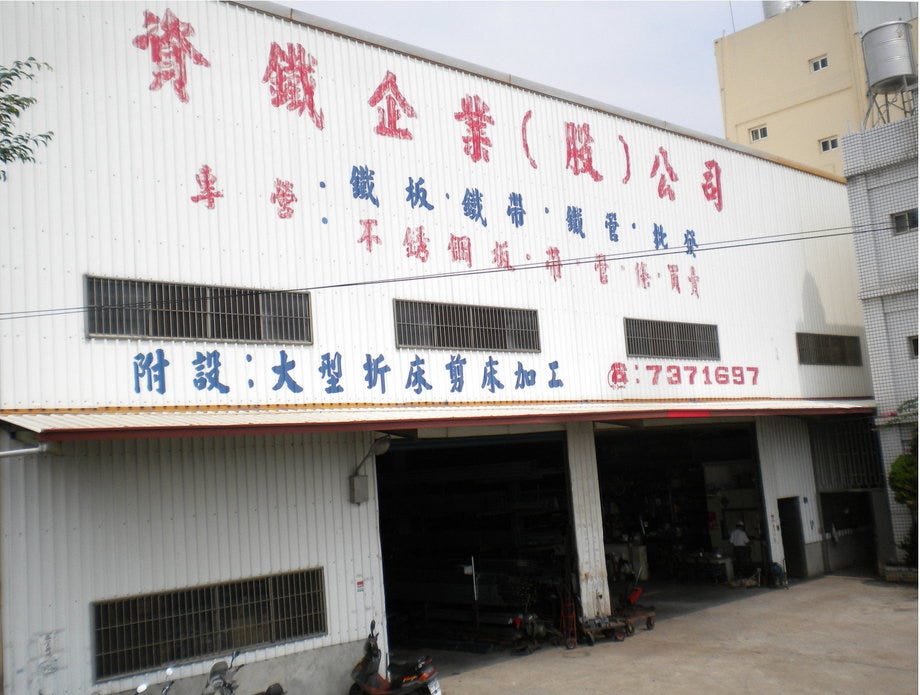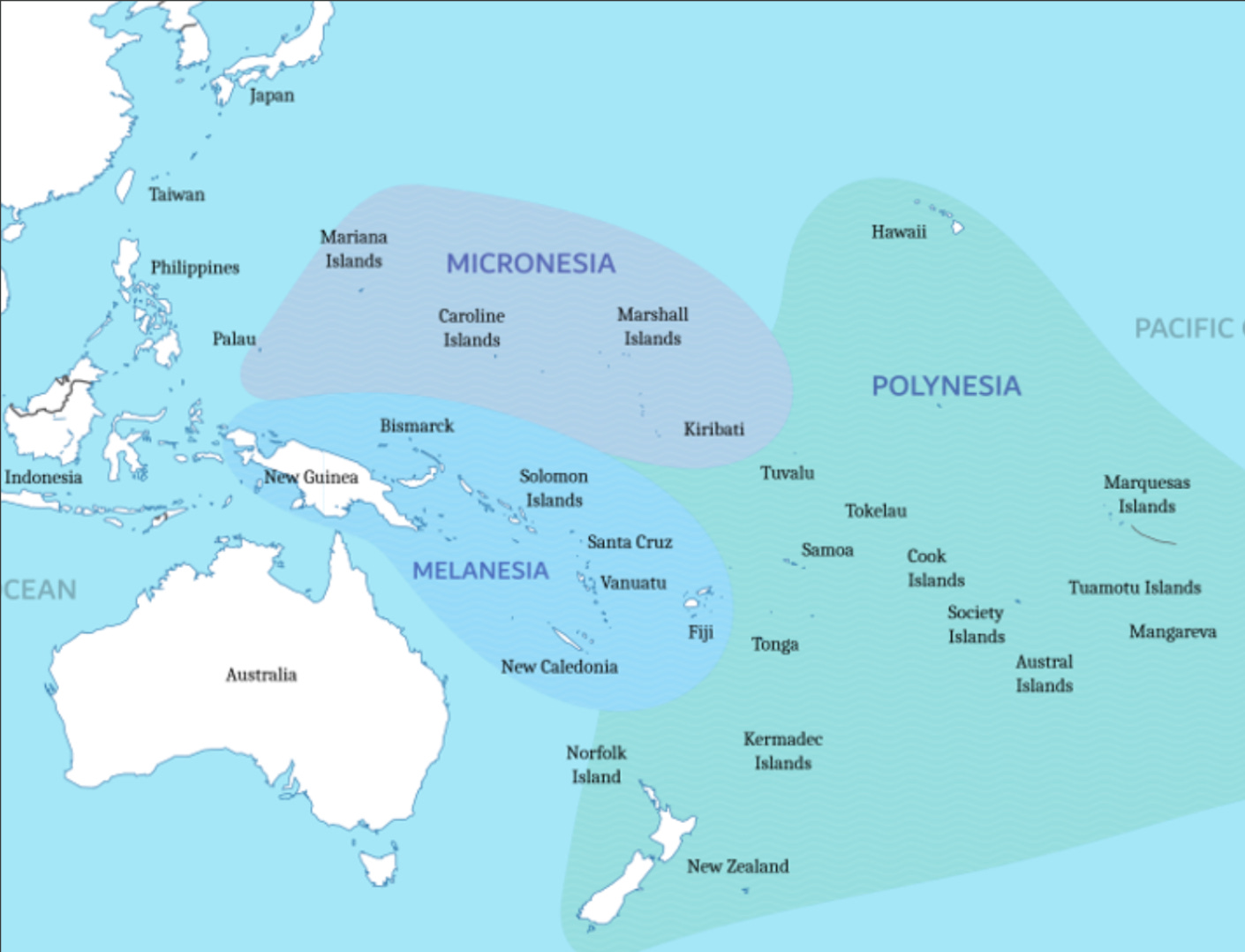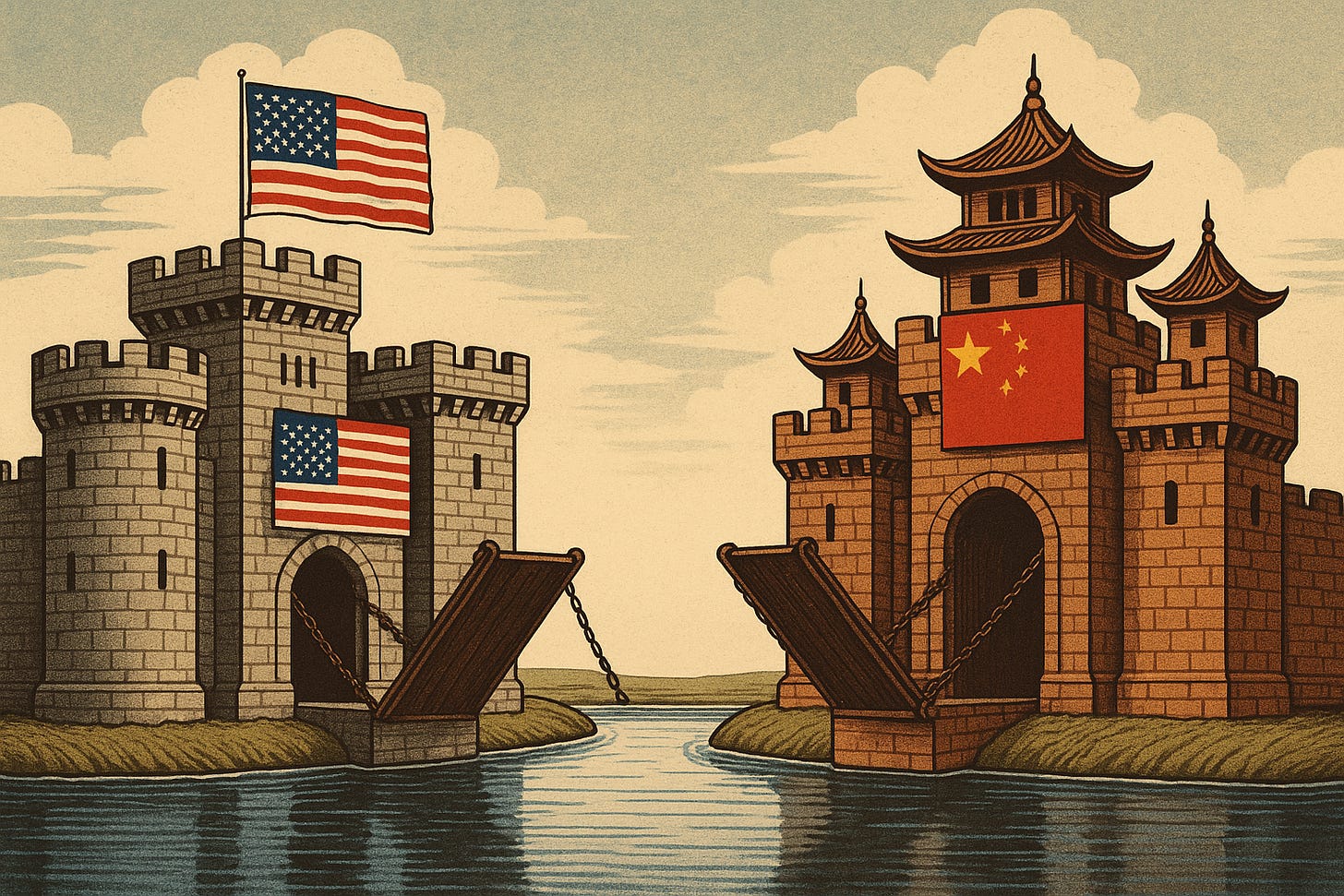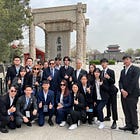→ econVuere:Vue ↪ November 2025
—re:Vue is a digest of econVue content over the past month.
Dear Readers,
As we approach Thanksgiving, it is appropriate that our November re:Vue presents a cornucopia of econVue articles, podcasts, and Vuepoints about the evolving state of the world economy. Globalization is not ending, but its code is being rewritten. Trade has become a weapon, a political bargaining tool, and the phrase “economic security” dominates think tank discussions. From the Council on Foreign Relations:
❝ Weaponized interdependence is an unanticipated byproduct of the grand era of globalization that is drawing to a close.
—Henry Farrell and Abraham Newman, The Weaponized World Economy, Foreign Affairs, Sep/Oct 2025
In 1909, more than a century ago, economist Norman Angell argued that world trade had created a potentially peaceful interdependence that would prevent conflict, because war was irrational and unproductive. His optimistic take was so popular that he won the Nobel Peace Prize in 1933.
❝ The subject of rivalry between nations is business, and the code which has come to dominate business must necessarily come to dominate the conduct of governments.
Today, that code is no longer metaphor. It’s literal and includes data, platforms, algorithms, and AI. Institutions have been captured; narratives have been contested. Hacking is rampant. The world has learned that the code has been weaponized, and some of it is breaking.
Systems no longer self-correct but stagnate, and supply chains that once flowed now must be re-engineered. Across this issue of re:Vue, the pattern is unmistakable:
Resources shape policy
Supply chains are diplomacy
Scarcity is power
Technology creates leverage
Governance, not growth, determines resilience.
As economist Karthik Muralidharan notes in this month’s Hale Report podcast with Marsha Vande Berg, development isn’t about spending more — it’s about building capacity. Infrastructure, both real and societal, can no longer be patched.
Middle powers are already acting on this reality. And in this new world, the US, Japan, Taiwan, and Australia are architecting high-tech corridors of opportunity, even as they maintain their surface roads with China. The BRIC countries are forming their own new networks. Optionality is becoming a form of power. Resilience is critical.
At econVue, our role is to illuminate that shift: we build corridors of information to help our readers see around corners. Globalization 2.0 isn’t just happening to us. It is taking shape now. This is not just a place to share ideas, but to build them together. ,
With all best wishes,
–𝓁𝓎𝓇𝒾𝒸 💬
re:Vue is all our newsletters condensed into one convenient, unobtrusive e-mail, prefaced by our editorial commentary. You can select exactly which econVue newsletters you receive or omit, including this one, at any time in your econVue account.Stories in ↪
re:Vue
↪: Now on econVue 🔈
1.:
🎧 THE HALE REPORT™ ⸱ Episode 74
Karthik Muralidharan–Accelerating India's development: Why governance trumps growth→
Hosted by MARSHA VANDE BERG ⸱ OCT 26, 2025
In Episode 74 of The Hale Report® guest host Marsha Vande Berg speaks with Karthik Muralidharan, Tata Chancellor’s Professor of Economics at UC San Diego. They explore how improving state capacity—not simply increasing spending—can drive more equitable growth and opportunity across India. The conversation also highlights how these insights extend to developing democracies worldwide—where effective governance may prove the true engine of sustainable progress. 💬
2.:
🎧 THE HALE REPORT™ ⸱ Episode 73
Adair Turner–Economist, regulator, and climate leader on carbon pricing and systemic risk→
Hosted by LYRIC HUGHES HALE ⸱ OCT 4, 2025
My guest for Episode 73 of The Hale Report™ is Lord Adair Turner — economist, former head of the UK Financial Services Authority, and chair of the G30 Working Group on Carbon Pricing. He joins to discuss the group’s new report, Carbon Pricing and Markets—Enabling Efficient Emission Reductions. Turner argues that putting a real price on carbon is the cornerstone of any credible path to net zero — and warns that today’s patchwork of weak, underpriced markets risks repeating the same mistakes that led to the 2008 financial crisis. 💬
↪: Latest articles
3.:
§ Conflict
Xi Jinping: The Living Heart of the Party→
ERIC HUANG ⸱ OCT 23, 2025
What began as a campaign to restore Party discipline is now a struggle to sustain motion in a system that moves only when one man does. Inside Beijing’s ministries, officials read not the line but the mood, learning to calibrate silence as survival. The machinery of the Party still hums, but its rhythm is no longer collective—it’s cardiac. The question is no longer who will succeed Xi, but whether the system can remember how to breathe without him.
4.:
§ Conflict
The US Is Underinvested in Rare Earths — Now We’re in Trouble→
STEPHEN BRYEN⸱ OCT 18, 2025
In the new age of strategic scarcity, rare earths aren’t just materials. They’re leverage. America’s stockpiles are nearly empty, and China holds the keys.
5
.:
§ Conflict
LYRIC HUGHES HALE⸱ OCT 15, 2025
The age of oil shaped the twentieth century; the age of elements will define the twenty-first. From cobalt to neodymium, power now lies in what cannot be seen but moves everything. China understood this early, turning geology into strategy and scarcity into leverage. The world is only beginning to realize that control of matter is control of destiny. 💬
6.:
§ Policy & Micro
The US Government Shutdown Continues→
GORDON PARRISH and MICHAEL LEWIS ⸱ OCT 11, 2025
The government shutdown has become less an economic event than a political ritual. The numbers will recover quickly; the trust will not. Each episode erodes a little more confidence in the process itself, turning fiscal management into performance art. The real cost isn’t in lost output, but in the normalization of dysfunction—and in how easily Washington accepts crisis as routine.
7.:
§ Regional
Tariffs, Taiwan, and the Price of a Screw→
ERIC HUANG ⸱ OCT 9, 2025
The trade war has finally reached the factory floor. What began as Washington’s tariff spreadsheet is now a daily struggle in Taichung’s workshops, where family businesses weigh sentiment against survival. A twenty-percent tariff and a surging Taiwan dollar are squeezing the margins of the very suppliers that keep American hardware stores stocked. The result is a quiet inversion of globalization: the screws that hold America together are tightening elsewhere, and the cost will show up not in trade data, but at the checkout counter.
8.:
§ Regional
The Alliance in Action in the Solomon Islands→
ELEANOR SHIORI HUGHES ⸱ OCT 3, 2025
Amid a new scramble for influence in the Pacific, the Solomon Islands has re-emerged as both symbol and test of allied resolve. What began as concern over China’s security pact with Honiara has evolved into a broader effort by Australia and the United States to reconnect through history, infrastructure, and trust. On Guadalcanal, the memory of shared sacrifice still shapes diplomacy, reminding both nations that their alliance is not only defensive but generational. The real contest in the Pacific is less about bases than about belonging.
9.:
§ Conflict
LYRIC HUGHES HALE ⸱ SEP 29, 2025
Globalization’s great bridges are being lifted, one by one. The United States and China, once partners in growth, now face each other from behind economic and technological walls. What was once integration has become insulation, and what used to be interdependence is turning into exposure — location risk on a planetary scale. As both powers turn inward, the real question is no longer who will lead the global economy, but who will remain connected when the map itself starts to close. 💬
🖊️ Vue⫶𝓹𝓸𝓲𝓷𝓽𝓼
⇣
econVue contributors share their latest thoughts on the global economy and their experiences covering it
10.:
11.:
12.:
📌 Notes
13: ⤵
14: ⤵
15: ⤵
16: ⤵
17: ⤵
18: ⤵
19: ⤵
↪: What econVue’s reading ✁
Keep reading with a 7-day free trial
Subscribe to econVue to keep reading this post and get 7 days of free access to the full post archives.



